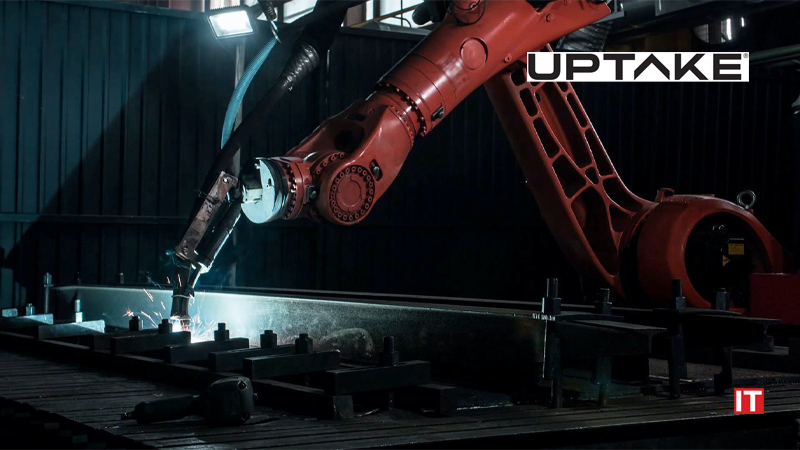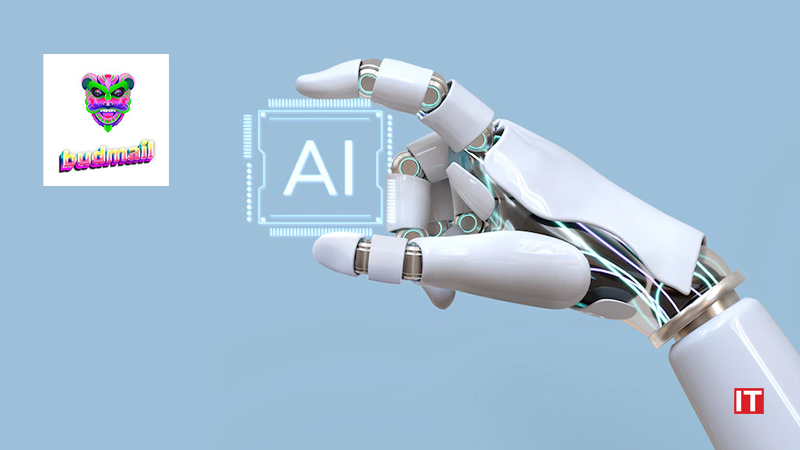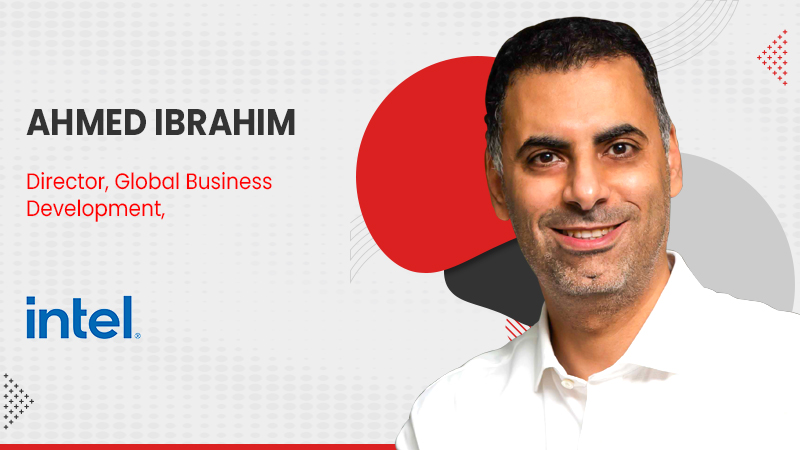Transmural Biotech, the biotech company in the ASISA group, has completed the process established by European regulations for the marketing of quantusMM, a non-invasive test based on artificial intelligence (AI) which permits the diagnosis of breast diseases, including breast cancer, with 92% accuracy, using images obtained from breast scans.
Obtaining CE marking is a key step in developing this technology, as it is also valid for most Asian and Latin American countries. In the case of Brazil, Transmural has already completed the Agência Nacional de Vigilância Sanitária (Anvisa) procedures and is awaiting definitive validation to sell the test on the Brazilian market.
Also Read: Blockchain Pioneer Brock Pierce Partners with Jeremy Gardner as a General Partner in Mystic Ventures
quantusMM is a quick, easy and non-invasive test for the early detection of breast disease, developed from the AI analysis of tens of thousands of anonymous tests. To do this, quantusMM, which is compatible with most modern mammogram machines, uploads breast scan images in two perspectives (craniocaudal (CC) and mediolateral oblique (MLO)) to a digital platform for automatic analysis. From these breast scans, the algorithm can detect the presence of nodules and malignant microcalcifications in under two minutes, thus helping identify the risk of breast cancer.
The tool technology is based on the quantitative analysis of the texture of the breast image; quantusMM classifies the images and categorises them based on the BI-RADS (Breast Imaging-Reporting and Data System) system, which determines the probability of malignancy in scanned breasts, differing from the standard categories in that it is based on sensitivity rather than positive predictive values.
quantusMM is designed as a tool to help clinical professionals, especially in the mass screening of patients with risk factors, early detection of breast cancer and prioritising waiting lists.


































